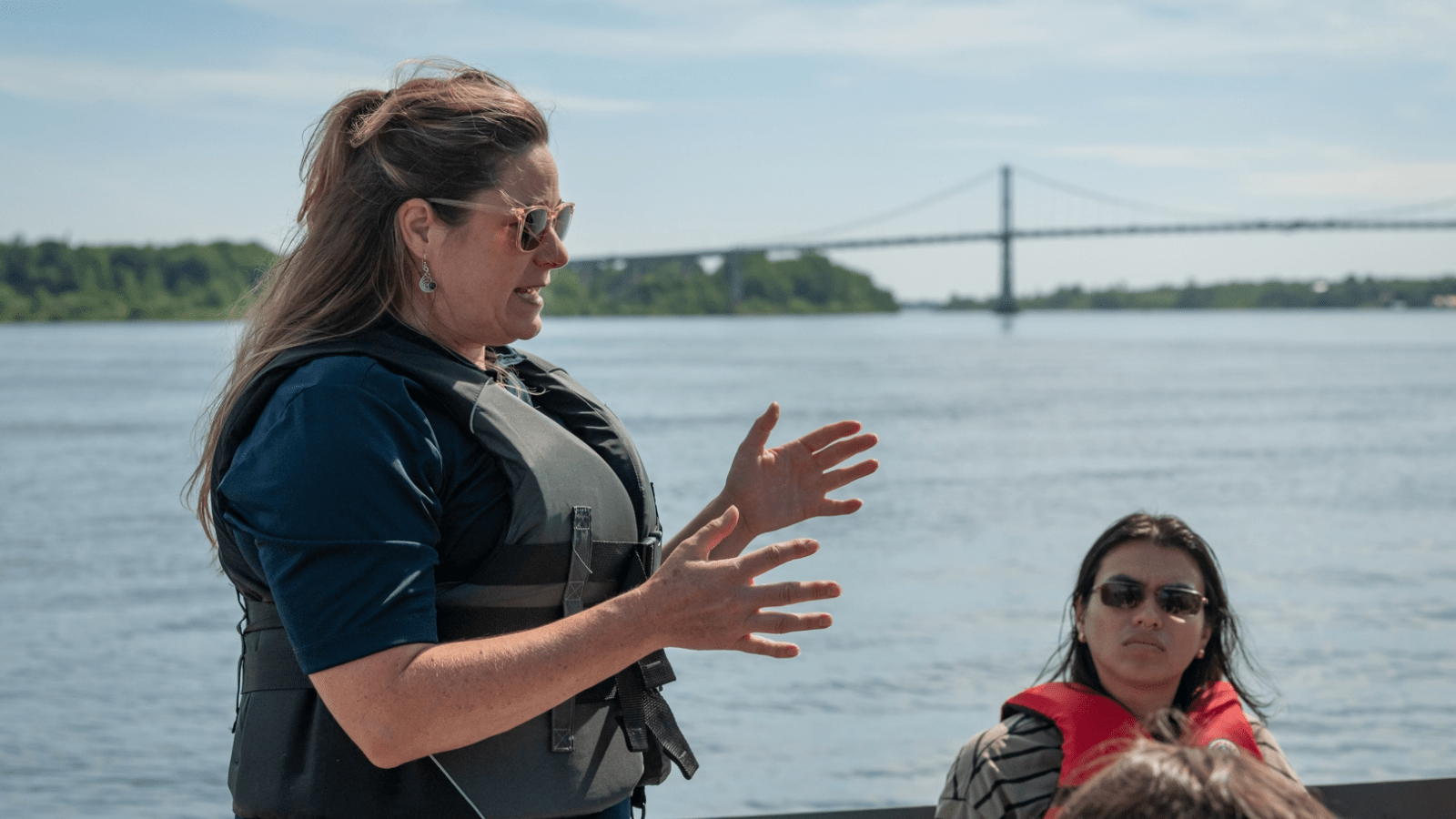ACS Elections
Come join and run for position in the ACS Eboard! Current available positions are:
Come join and run for position in the ACS Eboard! Current available positions are:

Learn about the Climate Crisis and draw your pledge and/or reaction to what you learn on the sidewalk in chalk.
Plant Trees and Perennials to Celebrate Arbor Day
From to at TBD.
This is our annual event where we present about our program Roses for Relief. We will be having a presentation, snacks, and a raffle basket
A forum that allows students to share their concerns and ask questions to the CUSA Senate.
Learn about ways to make your period more sustainable and get a free menstrual cup from either June or AllMatters.